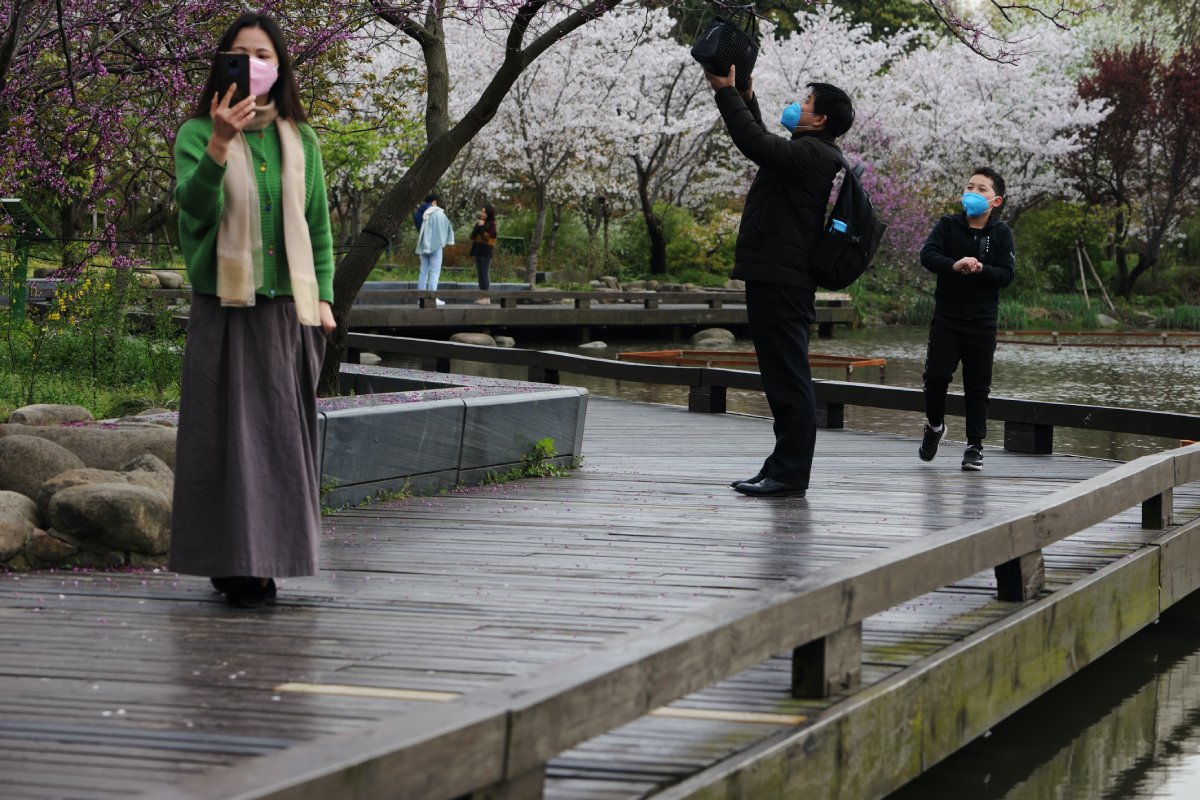The Most Important Tourism Story in 2022

Skift Take
Thanks to China's strict zero-Covid policy, the global tourism industry made due without the world's largest outbound tourism market. Given how painstakingly slow the country has been to relax restrictions, tourism businesses would be wise to have learned their lessons about depending on the Chinese market even if it fully reopens in 2023.
The absence of Chinese tourists as countries around the world opened their borders again remains the most impactful development this year. China’s commitment to zero Covid cases dashed the normalcy return hopes of the global tourism industry.
Under zero-Covid policy, local authorities imposed strict lockdowns under which shops, schools and businesses were closed until no more cases are found via mass testing. The infected were forced to quarantine at home alone or at a government facility. To fly back into the country, passengers need to show two negative PCR t
